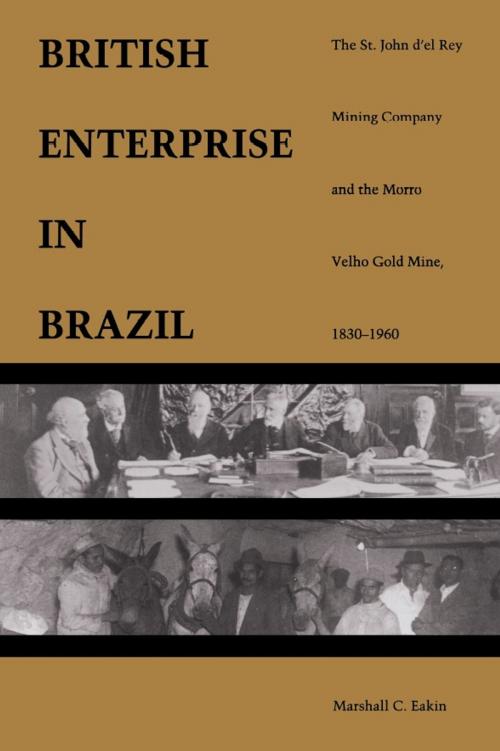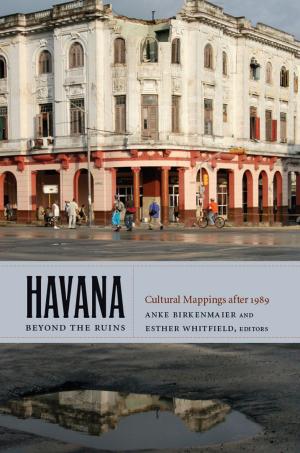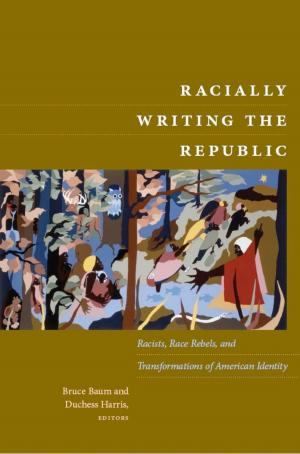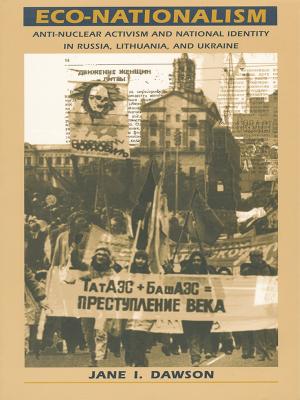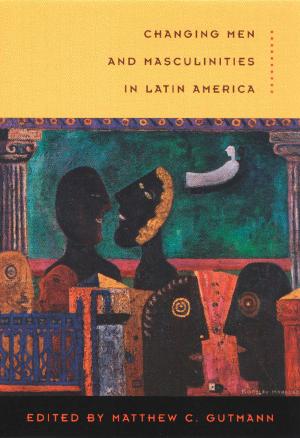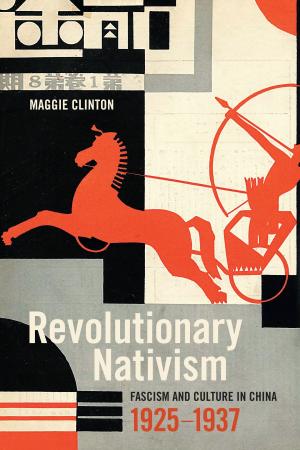A British Enterprise in Brazil
The St. John d’el Rey Mining Company and the Morro Velho Gold Mine, 1830–1960
Nonfiction, History, Americas, South America| Author: | Marshall C. Eakin | ISBN: | 9780822382331 |
| Publisher: | Duke University Press | Publication: | July 12, 2013 |
| Imprint: | Duke University Press Books | Language: | English |
| Author: | Marshall C. Eakin |
| ISBN: | 9780822382331 |
| Publisher: | Duke University Press |
| Publication: | July 12, 2013 |
| Imprint: | Duke University Press Books |
| Language: | English |
Marshall Eakin presents what may be the most detailed study ever written about the operations of a foreign business in Latin America and the first scholarly, book-length study of any foreign business enterprise in Brazil. Between 1830 and 1970 the British-owned St. John d’el Rey Mining Company, Ltd. constructed a diverse business conglomerate around Minas Gerais, South America’s largest gold mine, in Nova Lima. Until the 1950s the company was the largest industrial firm and the largest taxpayer in Brazil’s most populous state.
Utilizing company and local archives, Eakin shows that the company was surprisingly ineffective in translating economic success into political influence in Brazil. The most impressive impact of the British operation was at the local level, transforming a small, agrarian community into a sizable industrial city. Virtually a company town, Nova Lima experienced a small-scale industrial revolution as the community made the transition from the largest industrial slave complex in Brazil to a working-class city torn by labor strife and violence between communists and their opponents.
Marshall Eakin presents what may be the most detailed study ever written about the operations of a foreign business in Latin America and the first scholarly, book-length study of any foreign business enterprise in Brazil. Between 1830 and 1970 the British-owned St. John d’el Rey Mining Company, Ltd. constructed a diverse business conglomerate around Minas Gerais, South America’s largest gold mine, in Nova Lima. Until the 1950s the company was the largest industrial firm and the largest taxpayer in Brazil’s most populous state.
Utilizing company and local archives, Eakin shows that the company was surprisingly ineffective in translating economic success into political influence in Brazil. The most impressive impact of the British operation was at the local level, transforming a small, agrarian community into a sizable industrial city. Virtually a company town, Nova Lima experienced a small-scale industrial revolution as the community made the transition from the largest industrial slave complex in Brazil to a working-class city torn by labor strife and violence between communists and their opponents.
